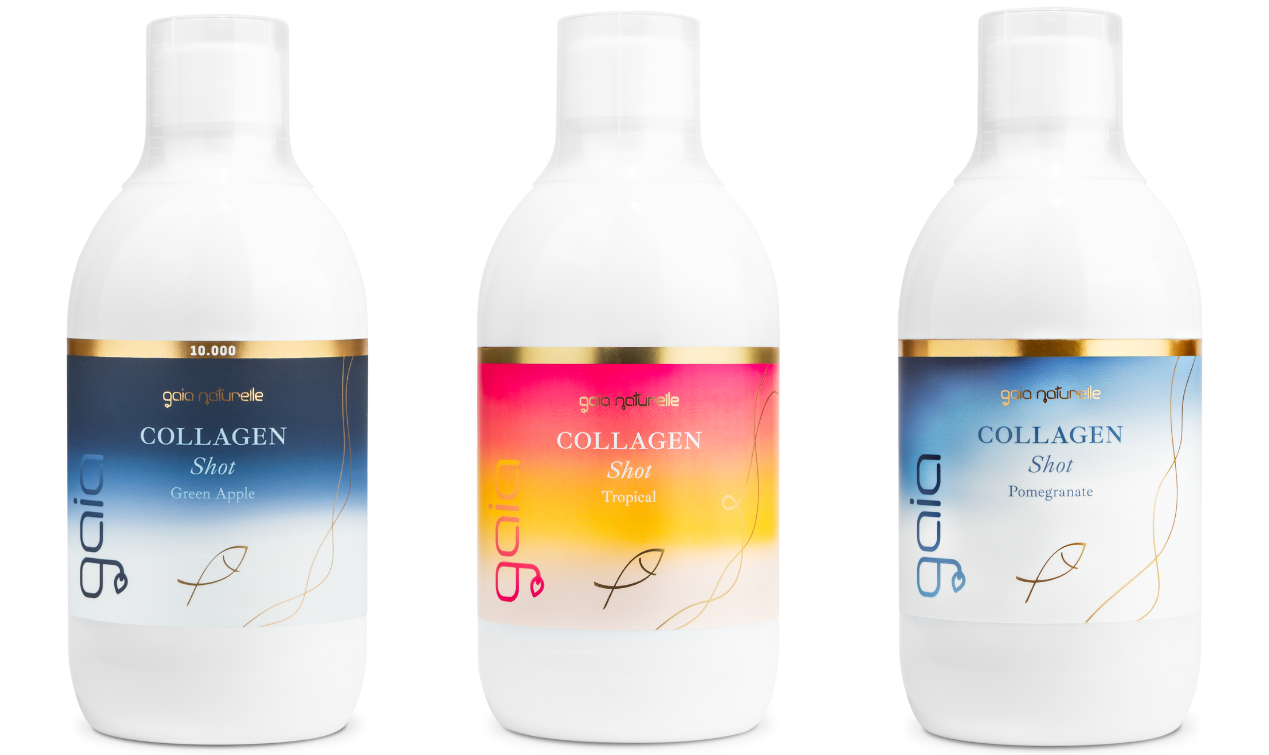"30 billion live cultures of Enterococcus faecium L-3."
Microbiome is a dietary supplement for normalizing intestinal microbiota.
1 gram contains 30 billion live microbiological cultures of Enterococcus faecium L-3.
It does not contain artificial preservatives and colorants, flavors, milk, and casein extracts.
It is suitable for people with lactose intolerance and allergies to dairy products.
In granule form for maximum absorption.
Well researched: Selected monoculture strains have been the subject of numerous scientific studies, which means their characteristics and properties are well described.
Lower risk of interactions: In products with several different strains, interactions between microorganisms can occur as they compete for space and nutrients. With monocultures, this risk is lower because only one strain is present, which contributes to more consistent composition.
Simplicity and consistency: Monocultures contain only one strain, which allows for simple use and consistent dosing.
Reduced risk of “competition”: In multi-strain formulations, different microorganisms may compete with each other, while in monocultures this does not occur, as only one strain is included.
Take 1 capsule per day, preferably after a meal with some liquid. You can also open the capsule and pour the contents directly into your mouth. Do not consume the product with hot drinks. Recommended consumption for at least one month. Each package contains 60 capsules. This dietary supplement is intended for children and adults.
Storage: Store in a cool, dry place at temperatures up to 25 °C.
Warnings: Do not exceed the recommended dosage. This dietary supplement is not a substitute for a varied and balanced diet. Keep out of reach of children.
3 × 10¹⁰ CFU/g (30 billion) of the microbial culture Enterococcus faecium L-3 (230 mg/capsule), contains sucrose, maize starch, purified water, vegetable capsule (hydroxypropyl methylcellulose).










